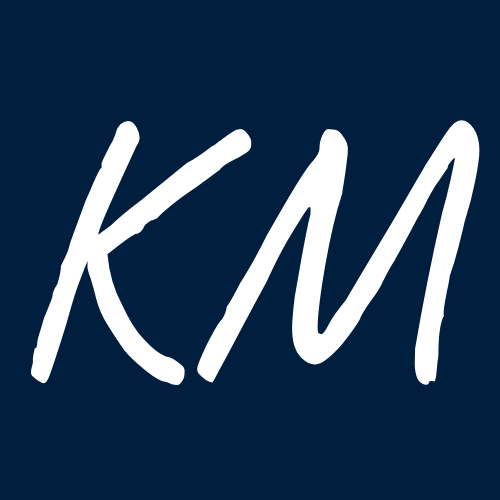TCL #47: Silicon Valley and Nuclear Shadows
The collision between artificial intelligence and energy infrastructure is producing unexpected alliances. NextEra Energy and Google are reopening Iowa's Duane Arnold Energy Center, a nuclear plant shuttered for five years, to power Google's expanding AI operations. The US government has separately committed $80 billion with Westinghouse Electric to build new reactors nationwide, part of a larger effort to meet electricity demands driven by data centers and AI computing.
Elsewhere, Eli Lilly is partnering with NVIDIA to construct an AI supercomputer for drug discovery, powered by renewable energy. Novartis is acquiring Avidity Biosciences for $12 billion to strengthen its neuroscience pipeline, while Novo Nordisk has offered $9 billion for Metsera, whose weight loss drug portfolio directly challenges Eli Lilly's market position. In Singapore, the startup HYDGEN raised $5 million to scale its hydrogen electrolyzer technology for industrial applications.
Energy
- NextEra Energy, the largest renewable energy company in the US, and Google have partnered to reopen the Duane Arnold Energy Center, Iowa's only nuclear power plant. This facility has been shut for five years and is expected to be operational again by early 2029. The collaboration aims to provide a 24/7 carbon-free energy source to power Google's expanding cloud and artificial intelligence (AI) infrastructure in Iowa. Google has agreed to purchase a majority of the power from the 615-megawatt plant for 25 years. The plant is expected to cost over $1.6 billion to restart. This collaboration follows a similar pattern of tech companies investing in nuclear power, such as the agreement between Microsoft and Constellation Energy to reopen the Three Mile Island nuclear plant in Pennsylvania.
- The US government has entered into an $80 billion deal with Westinghouse Electric Company to construct a fleet of new nuclear reactors across the US. This initiative is part of a broader $550 billion deal with Japan and aims to meet the increasing electricity demands, particularly those driven by AI. The partnership involves Westinghouse's owners, Brookfield Asset Management and Cameco, who will provide the reactor technology for the plants.
Hydrogen Production
HYDGEN, a Singaporean startup with operations in India, has raised $5 million in pre-series A funding. The funding will be used to scale up the manufacturing of their proprietary Anion Exchange Membrane (AEM) electrolyzer technology and accelerate the deployment of decentralized green hydrogen production solutions for industrial users.
Drug Discovery
Eli Lilly is partnering with NVIDIA to build the industry's most powerful AI supercomputer owned and operated by a pharmaceutical company. This supercomputer will power an
"AI factory", a specialized computing infrastructure that manages the entire AI lifecycle from data ingestion and training to fine-tuning and high-volume inference.
The supercomputer will be equipped with over 1,000 NVIDIA Blackwell GPUs, will operate on 100% renewable electricity within Lilly's existing facilities (aligning with its carbon neutrality goals by 2030), and use Lilly's chilled water infrastructure for liquid cooling.
Biotech
Novartis has agreed to acquire Avidity Biosciences for approximately $12 billion. This acquisition aims to strengthen Novartis's late-stage neuroscience pipeline and expand its treatments for rare diseases. The deal is an all all-cash transaction and is considered the biggest acquisition by Novartis in over a decade. Avidity expects to separate its early-stage assets as part of the agreement. Novartis has increased its dealmaking activity to counteract the impact of patent expiration on key drugs. The company reported third-quarter net profit of $3.93 billion, an increase from $3.19 billion in the same period last year, with sales reaching $13.91 billion, up from $12.82 billion.
Pharma
Novo Nordisk has made a surprise offer of approximately $9 billion for Metsera. Weeks prior to Novo's bid, Metsera had agreed to a takeover by Pfizer valued at $7.3 billion. Novo's bid comes amid investor concerns about its market position in weight loss drugs, especially with rival Eli Lilly posing a significant challenge. Metsera is developing a portfolio of obesity drugs, including a long-acting monthly injection, a weight loss pill, and two drugs based on the hormone amylin, which signals fullness.

